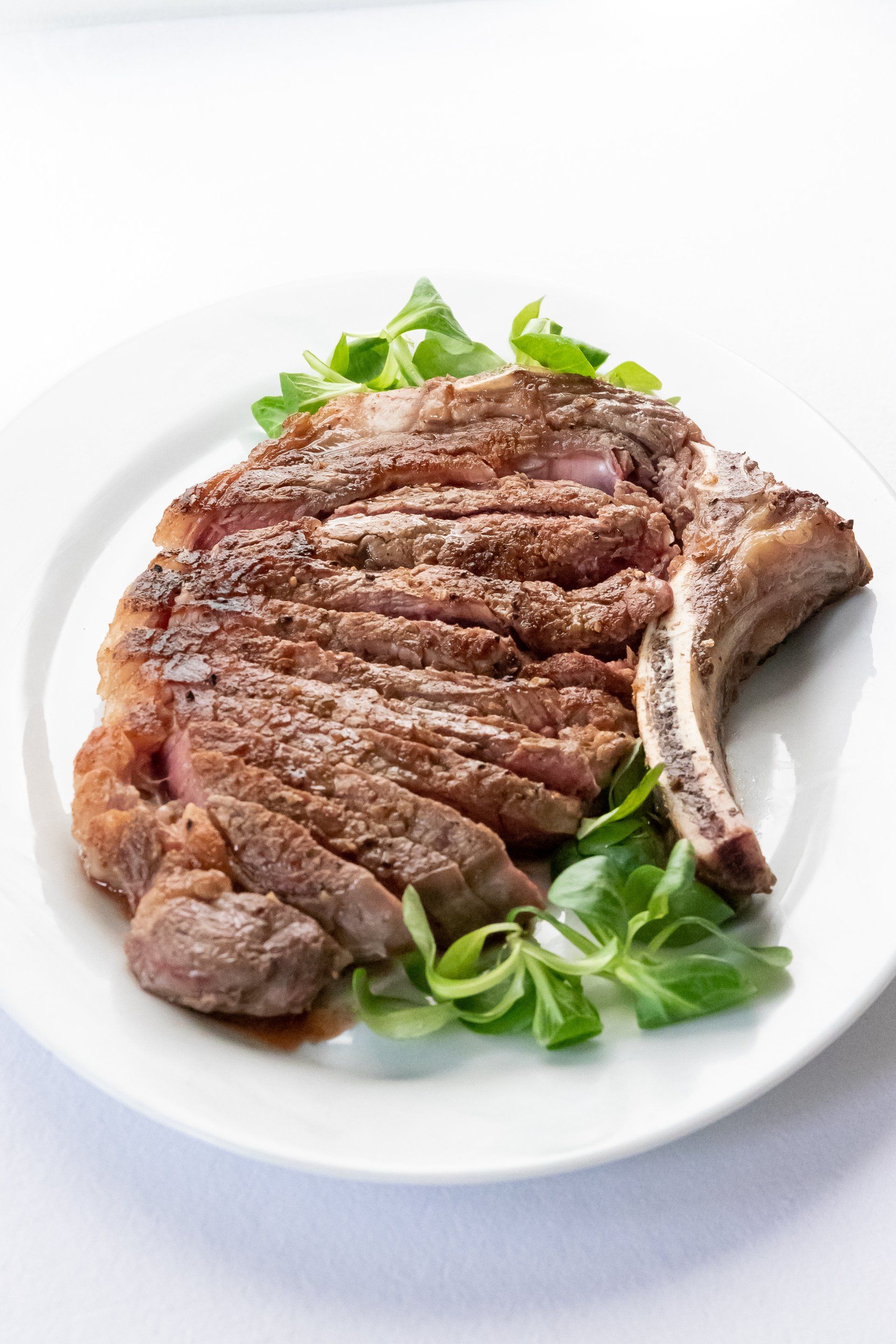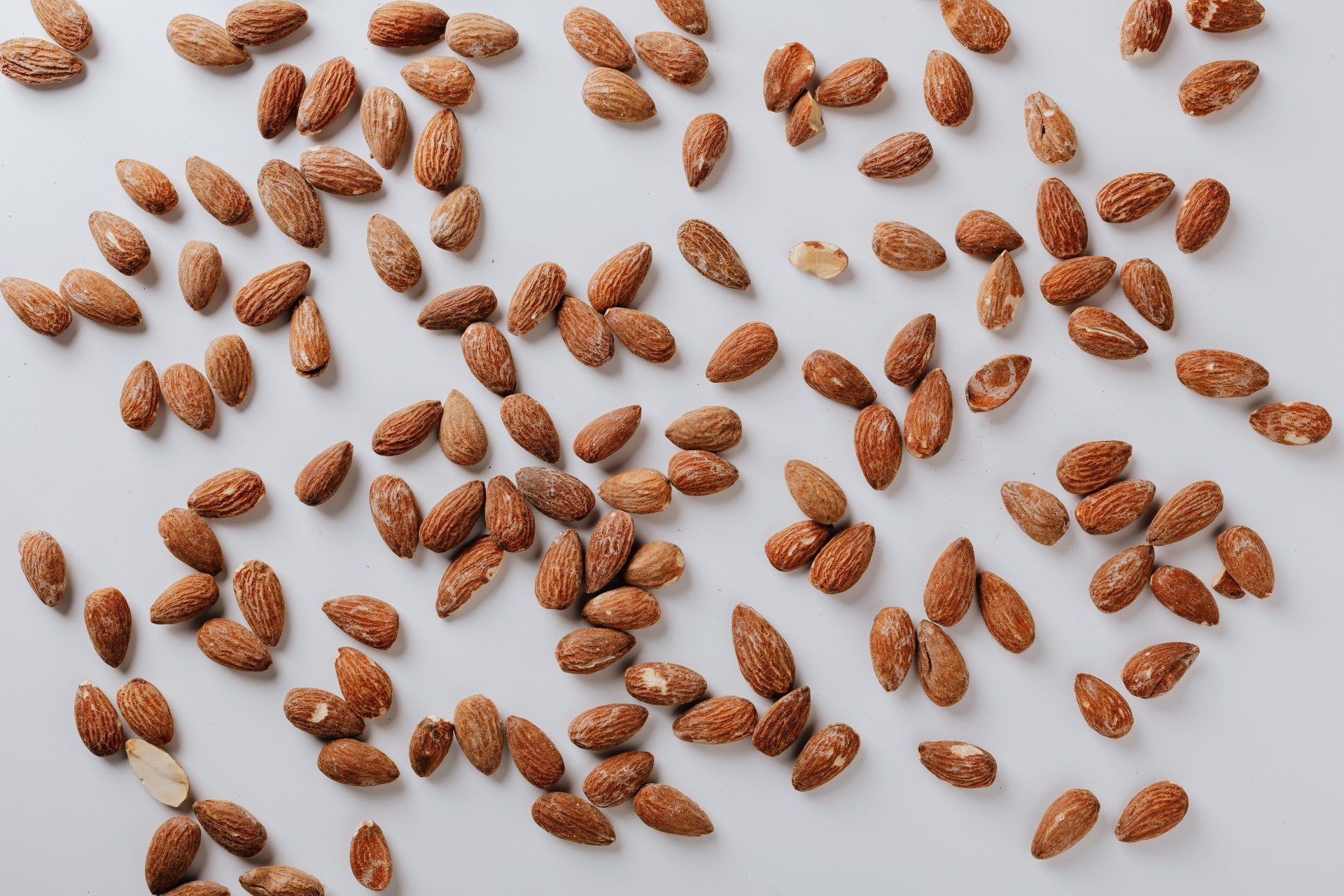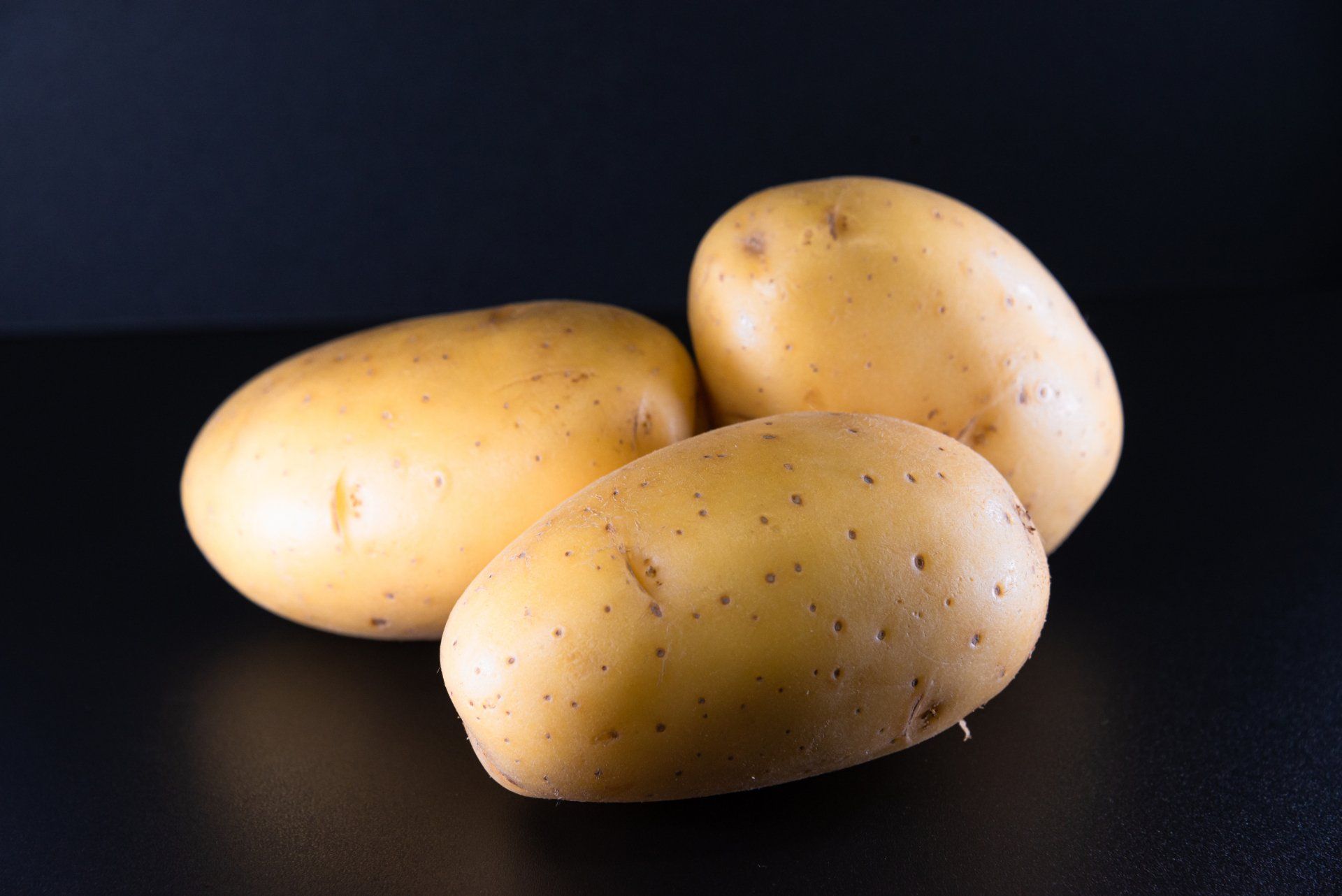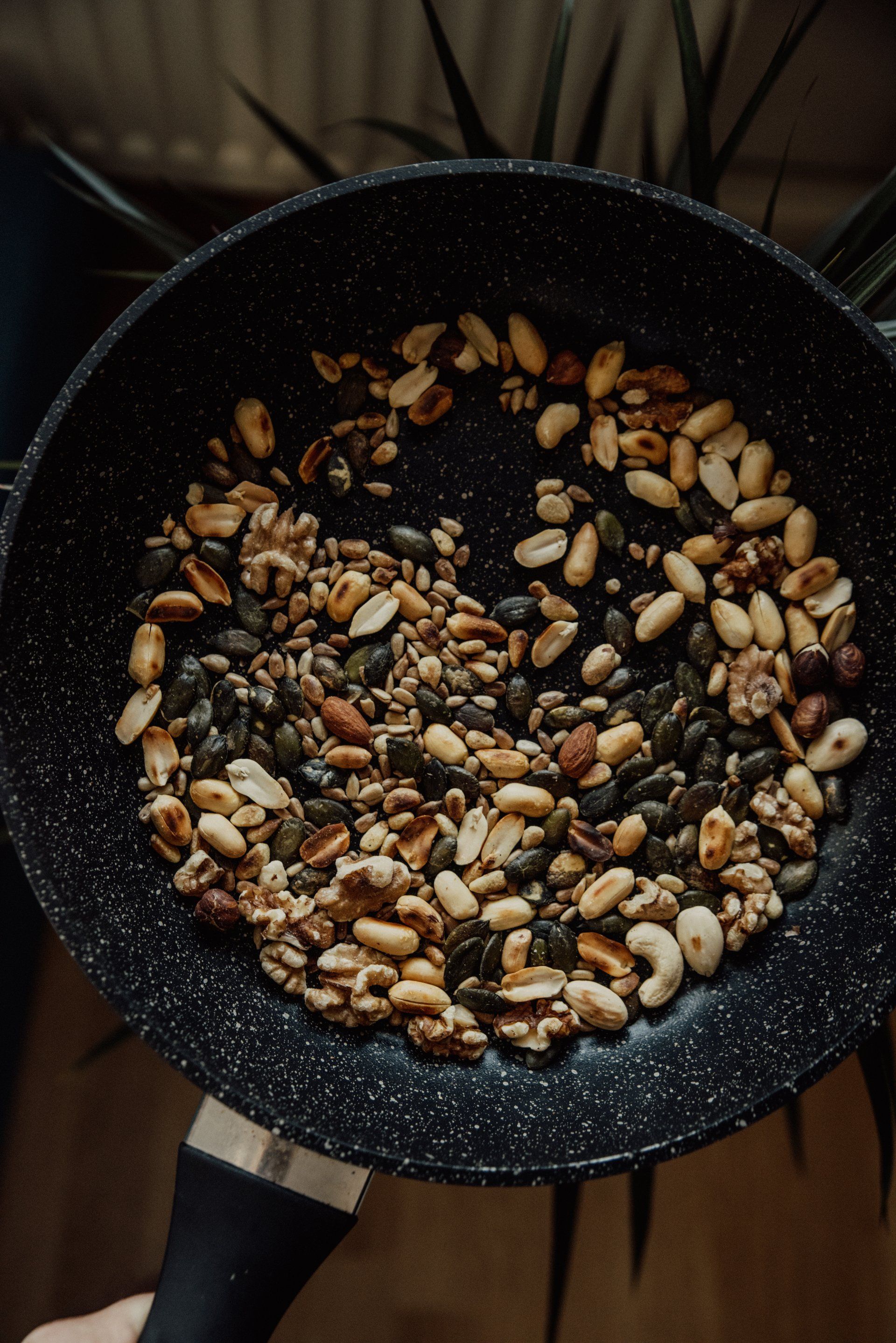Foundation Blocks of Canine Nutrition
Components which represent the fundamental keys to canine nutrition
Proteins: Proteins are molecule made up from amino acids, the building
blocks cell maintenance and repair. For animals like dogs one the
biggest demands for protein come from hair and fur, which can use up
to 30% of a dog's daily protein intake.
Fats: Fats provide the most concentrated source of energy in the diet of
a canine. They also supply the fatty acids that are important building
blocks for important substances and essential to maintaining normal,
healthy cells.
Carbohydrates: can be broken in the digestive system and converted to
glucose which could also be used as source of energy. Carbohydrates
in the for of whole grains can furnish iron, minerals, fiber as well as
other beneficial nutrients.
Vitamins: Organic substances, or synthetic derivatives are required for
normal body functioning. They are important in the conversion of
calories to, improving immunity and other body processes.
Minerals: Minerals are inorganic nutrients which make up less than 1%
of a dog's weight, but are essential to many functions, such as
growth, strong bones and healthy teeth.
The amounts and combinations of these components should be
based on a dog's age, weight, physical, and/or medical condition, as
well as activity level, and lifestyle.











